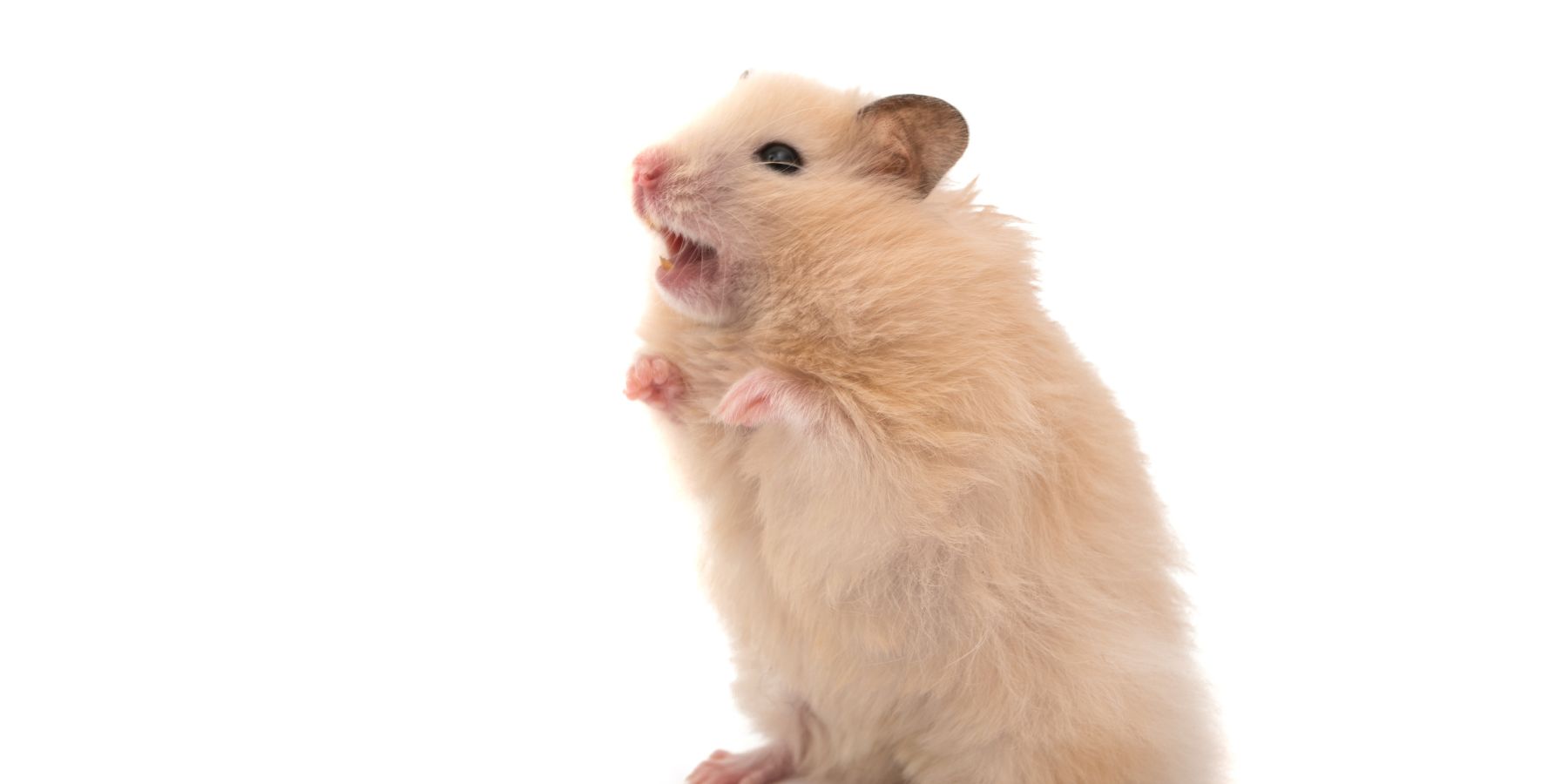Feeding your hamster correctly is vital for their health and happiness. Knowing what to feed them and what to avoid is crucial for any hamster owner. This guide will cover the dos and don’ts of hamster feeding to ensure your little friend thrives in their hamster cage.
Understanding Hamster Nutrition
The first step to proper hamster feeding is understanding their nutritional needs.
Balanced Diet for Hamsters
Variety: A balanced diet for a hamster includes a mix of hamster pellets, fresh fruits and vegetables, and occasional treats.
Nutritional Needs: Hamsters need a diet that provides protein, fiber, vitamins, and minerals.
Avoiding Overfeeding
Portion Control: It’s important to control the amount of food your hamster eats to prevent obesity and health issues.
Dos of Hamster Feeding
Feeding your hamster correctly will ensure they are healthy, happy, and active.
Provide Quality Hamster Pellets
Complete Nutrition: Choose high-quality hamster pellets as the base of their diet. These pellets are formulated to meet all their nutritional needs.
Incorporating Fresh Foods
Fruits and Vegetables: Introduce fresh fruits and vegetables in small amounts. Options like carrots, cucumbers, and apples (without seeds) are great choices.
Ensuring Clean Water
Fresh Water Daily: Make sure your hamster has access to fresh, clean water at all times.
Don’ts of Hamster Feeding
Avoiding certain foods and feeding practices is just as important as knowing what to feed your hamster.
Avoid Toxic and Harmful Foods
Dangerous Foods: Never feed your hamster chocolate, caffeine, onions, garlic, or any processed human food. These can be toxic to hamsters.
Steer Clear of Sugary and Fatty Foods
Unhealthy Treats: Avoid giving your hamster sugary or high-fat snacks, as these can lead to health problems.
Don’t Overlook Dental Health
Chew Sticks and Toys: Provide chew sticks or wooden toys to help keep your hamster’s teeth healthy and trim.
Feeding Practices to Follow
The way you feed your hamster is just as important as what you feed them.
Regular Feeding Schedule
Consistency: Feed your hamster at the same times each day to establish a routine.
Cleaning the Food Area
Hygiene in the Hamster Cage: Regularly clean the area where you feed your hamster to prevent the buildup of old or spoiled food.
Monitoring Your Hamster’s Health
Paying attention to your hamster’s health can help you adjust your diet as needed.
Watch for Weight Changes
Healthy Weight: Monitor your hamster’s weight and adjust their diet if you notice they are losing or gaining too much weight.
Observe Eating Habits
Appetite Changes: Be aware of changes in your hamster’s eating habits, as this can be a sign of health issues.
Conclusion
Proper feeding is key to keeping your hamster healthy. Remember to provide a balanced diet, avoid harmful foods, and maintain good feeding practices. Regularly monitoring your hamster’s health and maintaining cleanliness in their hamster cage are also important. By following these dos and don’ts, you can ensure your hamster enjoys a nutritious diet and a happy life.

